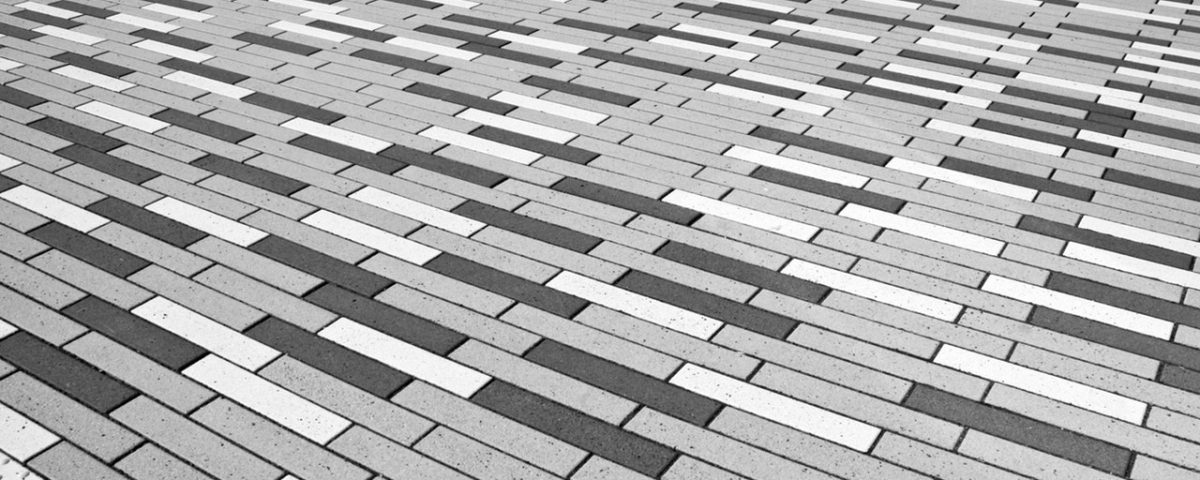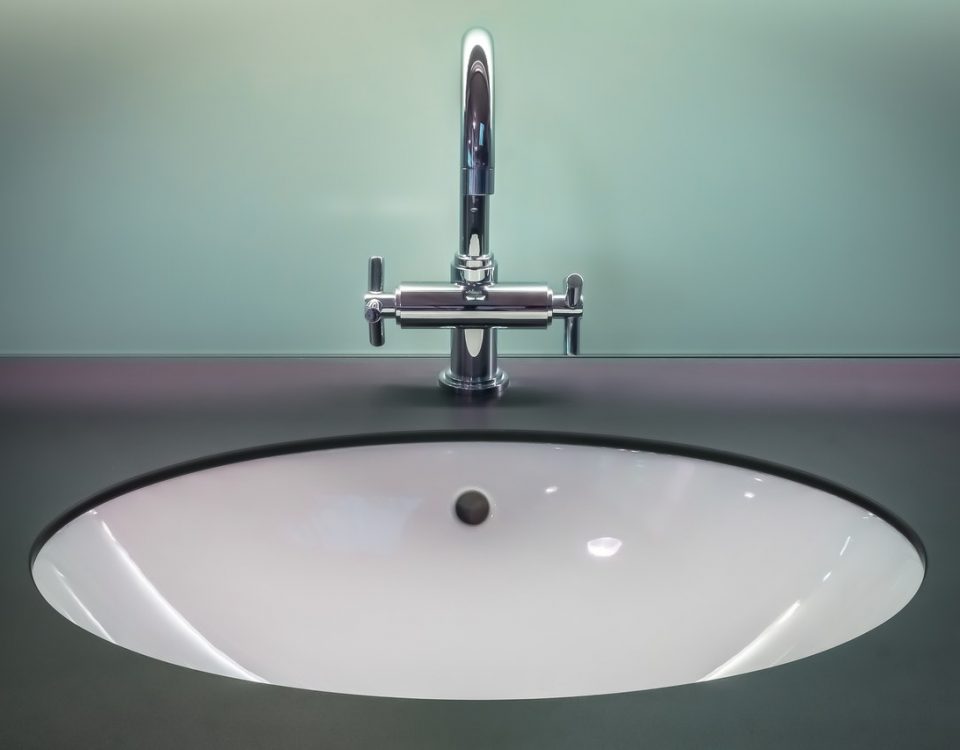The Best and Longest Lasting Types Of Basement Flooring

5 Basement Ceiling Ideas
July 19, 2017
4 Ways to Insulate Cold Walls
August 17, 2017After drywalling, painting and furnishing your basement, finally finishing it typically means covering the concrete floors with something more pleasing to the eye and foot. Here’s a list of the best and longest lasting types of basement flooring.
Linoleum
Linoleum is a longtime standby when it comes to basement flooring. At the same time, it’s made from natural materials such as limestone, linseed oil and recycled wood flooring which gives it innate anti-bacterial properties. Linoleum is also resistant to gouging and staining. If correctly installed and properly maintained, it can easily last up to 40 years.
Laminate
Laminate flooring is great for basements as it’s moisture resistant, easy to clean and incredibly durable. By using click-lock laminates, instead of the traditional tongue and groove, gluing is unnecessary which makes installation quite simple. Laminates can also be installed as floating floors meaning they don’t need to be attached to the subfloor.
Luxury Vinyl Tile
Luxury vinyl tile (LVT) is composed of vinyl but looks like realistic stone, ceramic or wood. LVT gives the visuals of these rugged materials but is easier to clean and softer on the feet. LVT is available in a variety of sizes, shapes and patterns making installation easier than most other materials. It is also waterproof, able to withstand general wear and tear while being warmer and more comfortable to the foot when compared with stone or wood. LVT is also usable with heated flooring systems.
Vinyl Tile
Vinyl tile is one of the cheaper floor coverings and is also easily installable with several types featuring peel and stick adhesives. It can used for a quick makeover, is easy to clean and easy on the pocketbook. If the floor is damaged, vinyl tile will allow you to remove only the offending tiles and not cause you to replace the entire floor.
Vinyl Sheeting
Vinyl sheeting is even cheaper than vinyl tile and can be custom cut to fit your needs. Vinyl sheets also come in a wider variety of patterns than vinyl tiles. On the other hand, installing vinyl sheeting is an intricate job and may not be the within the realm of your amateur DIYer.
Engineered Hardwood
Engineered hardwood is ideal for basements as their multi-ply construction gives them a greater stability than natural hardwoods meaning the chance of shrinkage or expansion is much lower. Engineered hardwoods come in a wide variety of smooth and textured surfaces as well as wood species affording a range of choices to fit your needs. The fact that the engineered wood is pre-finished means it’ll be ready to install without the need for any stains or sealants. They can also be installed as floating floors removing the need for glues and adhesives.


